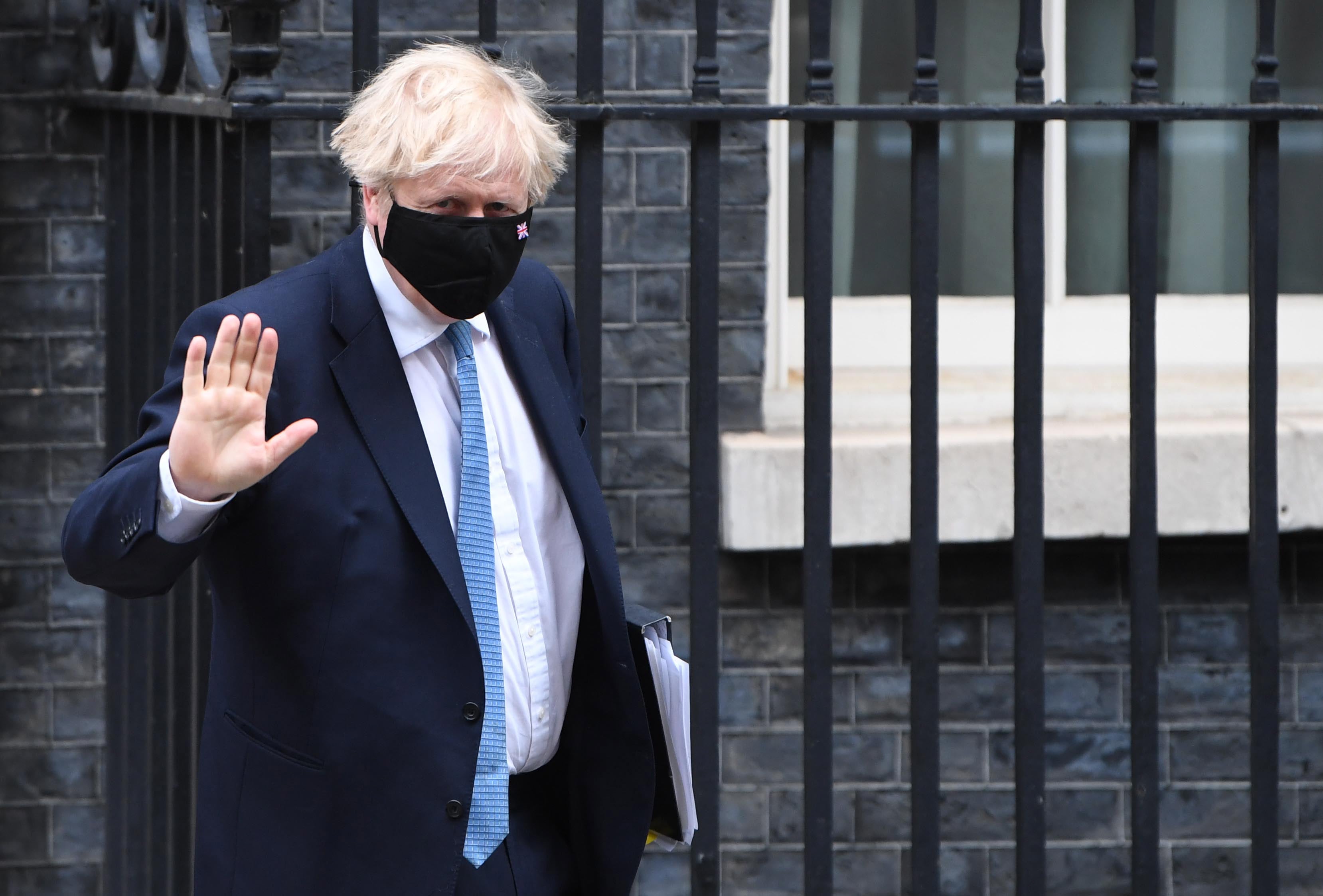What is going to happen to the Northern Ireland protocol?
Lord Frost, the Brexit minister, has admitted that the rules on Northern Ireland trade are not working as intended, so what now, asks John Rentoul


Your support helps us to tell the story
From reproductive rights to climate change to Big Tech, The Independent is on the ground when the story is developing. Whether it's investigating the financials of Elon Musk's pro-Trump PAC or producing our latest documentary, 'The A Word', which shines a light on the American women fighting for reproductive rights, we know how important it is to parse out the facts from the messaging.
At such a critical moment in US history, we need reporters on the ground. Your donation allows us to keep sending journalists to speak to both sides of the story.
The Independent is trusted by Americans across the entire political spectrum. And unlike many other quality news outlets, we choose not to lock Americans out of our reporting and analysis with paywalls. We believe quality journalism should be available to everyone, paid for by those who can afford it.
Your support makes all the difference.The Protocol on Ireland/Northern Ireland, to give it its full title, was negotiated by David Frost, Boris Johnson’s chief Brexit negotiator, to replace the “backstop” negotiated by Theresa May. It was the crucial part of the withdrawal agreement that started to break the deadlock in parliament, because it finally united the Conservative Party.
“The protocol as we now have it was a huge improvement on the old ‘backstop’ which it replaced,” explained Frost, now a peer and cabinet minister, in an article yesterday. “This would have kept the whole of the UK locked in the EU customs union and single market until the EU gave us the keys.”
But Lord Frost said that the protocol is not working as he intended. He accused the EU of taking a “very purist view” of the “paperwork and checks” required, because it assumes that any goods arriving in Northern Ireland from the rest of the UK might end up in the EU via the open border with the Republic of Ireland. “We did not anticipate this when we agreed the protocol and it makes no sense,” he wrote.
This sounds close to saying that it had not occurred to him that the EU side might actually insist on following the rules he agreed with them. It does not do much to dispel the notion that Boris Johnson was so desperate to get a deal through the House of Commons that he didn’t care what it said exactly, and thought he could sort out the details later.
Lord Frost is now asking the EU to renegotiate the deal, to agree an addendum to the protocol that would define better what goods might be deemed “at risk” of onward export to the Republic. If the EU cooperates, this could be done without another treaty, as it would simply be clarifying the operation of the existing one, but it is a striking reminder that Brexit was always going to be a process rather than an event – and that the negotiations between the UK and the EU will never really end. That is why Lord Frost is still, in effect, the UK’s Brexit negotiator, and why, although the cabinet post of Secretary of State for Exiting the EU has been abolished, Lord Frost is now in the cabinet with the same responsibility.
The protocol is also unfinished business in the politics of Northern Ireland. The Democratic Unionist Party opposed it all along, but because it is the dominant party in the devolved government (and because it sustained the Conservative UK government until the 2019 election), it is feeling the heat of opposition to the negative effects of the protocol on Northern Irish businesses.
This is partly why the DUP deposed Arlene Foster as its leader and first minister of Northern Ireland – she was seen as not taking a forceful enough line against the protocol, which many in the DUP want to “abolish”. It is not yet clear what will happen next, however, because although Edwin Poots, the agriculture minister, has been elected DUP leader, he confirmed yesterday that he would not become first minister, and that the party would decide who would.
Poots himself has spoken of launching “judicial proceedings” as a way of finding a “solution” to the problems of the protocol, but it is the new first minister who will be decisive in the next phase.
Much of the internal politics of the DUP, and of its relations with minor unionist parties that are eating away at its voter base, is focused on the “consent mechanism” that gives the Northern Ireland assembly the right to give its consent to the protocol every four years.
This means that a simple majority of the assembly could vote to end the protocol in 2024. Currently, the unionist parties have 40 of the 90 members of the assembly, which is five short of the 45 seats they would need, which would be the critical target in the next assembly elections, which are due by May next year. Unless the unionist parties can cooperate effectively and significantly increase their vote, the chances are that the protocol will survive – especially if the EU agrees to “clarifications” to make it work better.
Join our commenting forum
Join thought-provoking conversations, follow other Independent readers and see their replies
Comments